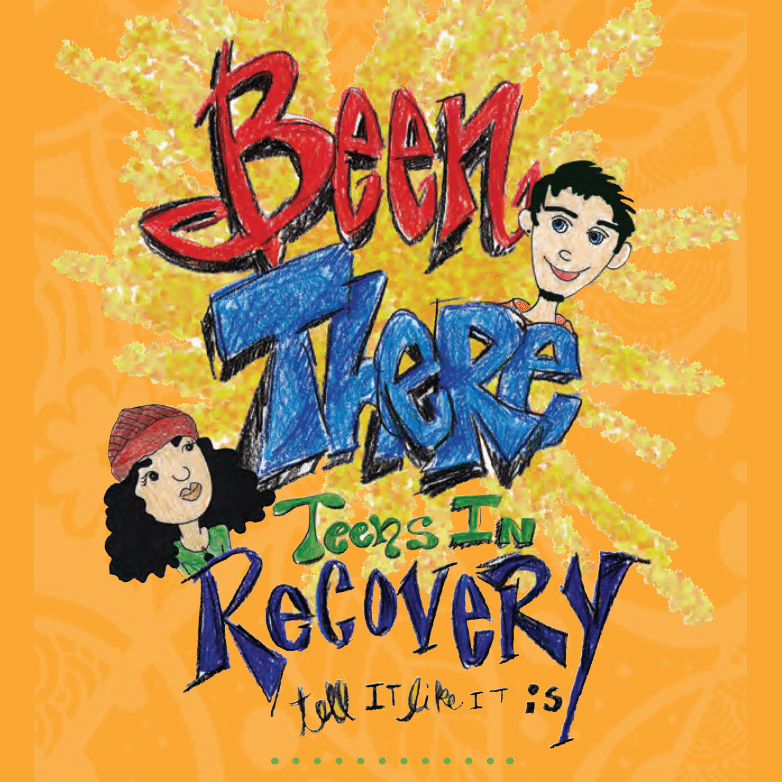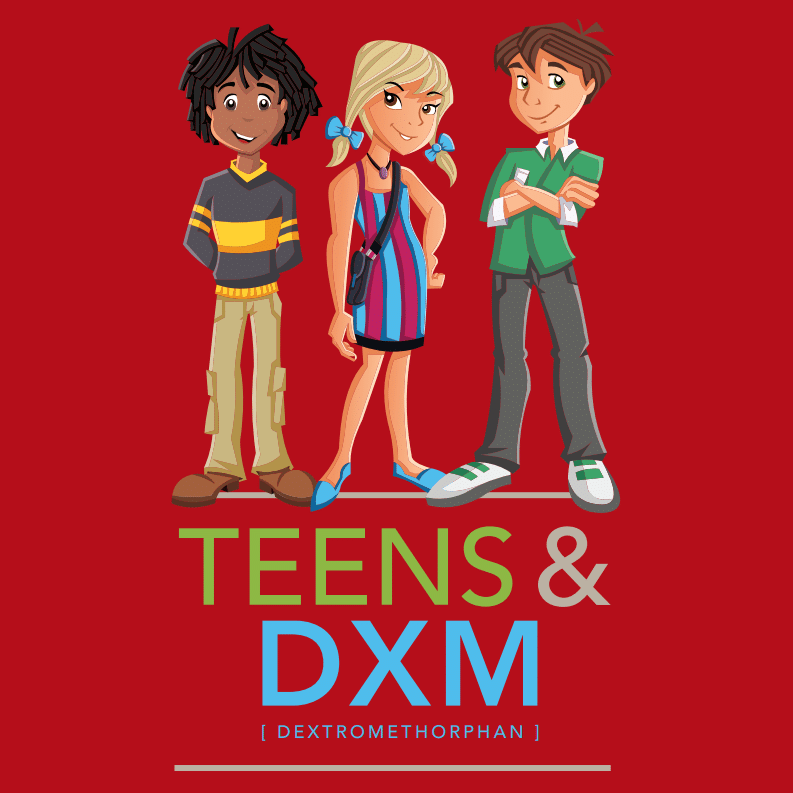Other Resources:
Prevention and Early Intervention Program (PEI) – Now Offered Virtually
The Rosecrance PEI Program is an evidence-based alcohol and drug education program designed to provide education, support, and direction to teens and their families who may be at risk of more serious involvement with alcohol and other drugs.
35 Signs & Symptoms of Adolescent Substance Abuse
If you are concerned about a change in a young person close to you, it is important to know the signs and symptoms of adolescent substance abuse to determine if they need treatment. The best way for a parent or loved one to be an ally for the adolescent is to stay informed.
Rosecrance Teen Substance Abuse Services
Addressing a teen’s struggle with substance abuse means understanding the emotional, developmental, physical, psychological, familial, social and cultural factors involved in their addiction. At Rosecrance, we have developed an evidence-based, 12 Step-based program that incorporates clinical, medical, educational and experiential therapies into a comprehensive individualized treatment plan. Click here to learn more.
Rosecrance Parent Cafes
At the request of our community, a confidential, free support group has been organized by Rosecrance and is open to all parents and/or guardians. This support group will be held virtually and requires participants to register in advance. An addictions counselor will be available online and will facilitate the group.
“Is my child using drugs? What can I do?”
At this point, you are not sure. You may think he/she is going through a phase or just experimenting. Making it more difficult, your child is telling you he/she doesn’t
have a problem at all.
Talking to your teen about drugs, alcohol and heroin
For many parents, talking with children about drugs and alcohol can be difficult … yet it is essential. Research shows that the more parents talk to their children about drugs and alcohol, the less likely the children will become users.
Understanding Drug Abuse
Whether you or a loved one is struggling with alcohol or drug abuse and addiction, it’s important to be informed about specific drug facts, signs and symptoms of abuse, and your treatment options. We’ve put together a collection of resources to help you learn about these drugs.
Medication Assisted Treatment for Opioid Addiction (PDF)
This publication was prepared for the Substance Abuse and Mental Health Services Administration (SAMHSA) by the Knowledge Application Program (KAP), a Joint Venture of The CDM Group, Inc., and JBS International, Inc.
Drug Fact Sheets



